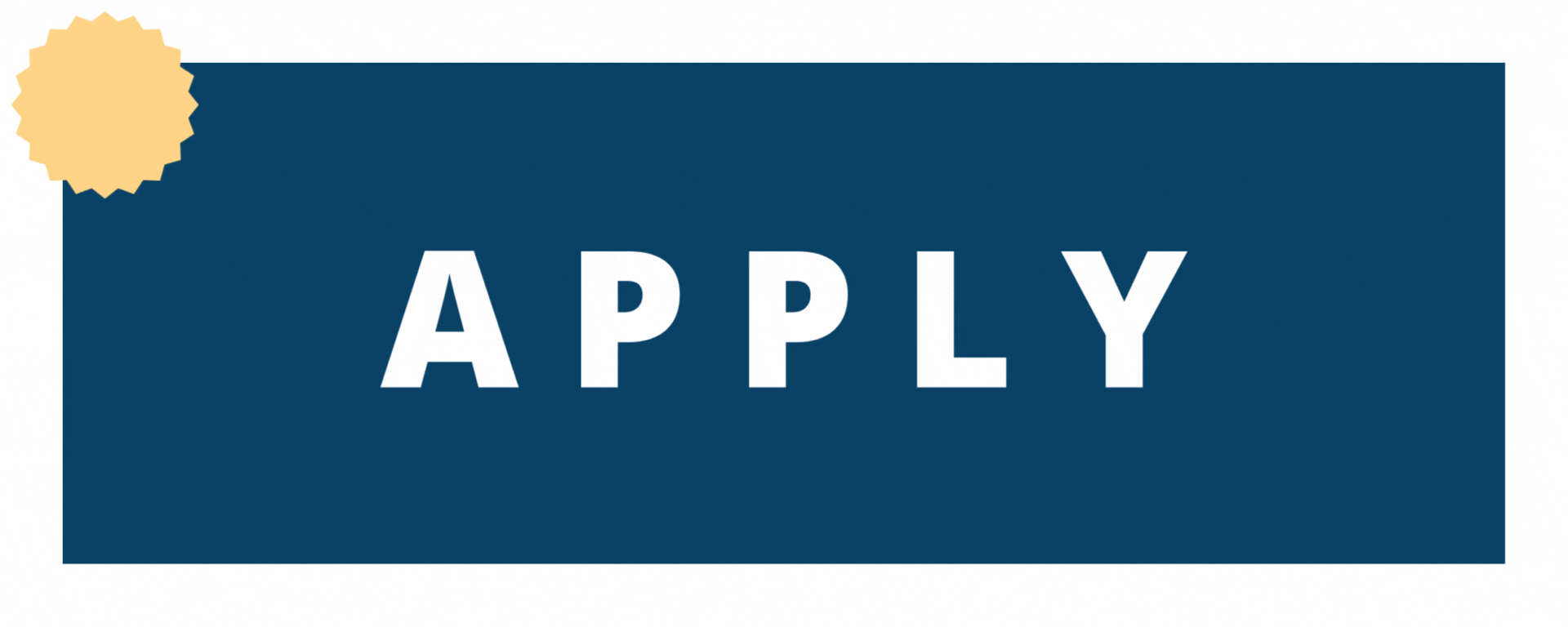
Building the Next Generation of Operators
The water and wastewater industry is a vital sector that employs approximately 1.7 million workers in the U.S., providing safe drinking water and safeguarding public health and the environment. With a large portion of the workforce nearing retirement, utilities expect thousands of job openings each year, creating strong demand for new workers. The RWAU program offer a direct pathway into the industry by allowing participants to earn while they learn, gain hands-on experience, and achieve industry certifications without college debt. The result is a stable, well-paying career with long-term job security and the opportunity to make a meaningful impact in the community.
The RWAU Apprenticeship Program is a two-year, hands-on training experience built in partnership with system sponsors, RWAU, and our state and federal partners. A water or wastewater system agrees to sponsor an apprentice—either a new hire or a current employee—and together, we guide their development through structured instruction and real-world application. Throughout the program, the apprentice acquires the knowledge, skills, and confidence necessary to become a fully qualified operator, prepared to meet the demands of water and wastewater systems across Utah.

Benefits of Apprenticeship |
- Earn while you learn
- Make a real difference in the community
- Gain practical skills you can take anywhere
- Train alongside an experienced mentor
- Job security | Every community is required to have a certified Drinking Water or Wastewater Operations Specialist
- Become part of an extremely stable industry
- More affordable than typical college pathways into the workforce
During the program, the apprentice will participate in the following requirements |
- 4,000 hours of On-The-Job Training (2 years)
- 288 hours of Related Technical Training provided by RWAU
- The instruction will be a combination of in-class training, online webinars, and online self-paced training
- The online training will be provided at no cost to those who are enrolled as apprentices
- Certifications in Water or Wastewater Operations, Utility Management, Cross Connection Program Administrator, Water Rights, Water Conservation, etc.
- Certifications will vary depending on water/wastewater designation
If you are an individual who has not yet been employed by a water or wastewater system but would like to join as an apprentice and eventually be hired onto a system, the process is slightly different. Once you have requested an application, you will work on filling out all the required forms, similar to an already matched apprentice. After RWAU has deemed the applicant eligible for the program, apprentices who have not yet been matched with a system will go into a pool of applicants. The pool of eligible applicants will be made available to our members who may be looking for a new employee and would accept the terms of hiring an apprentice. RWAU is currently working on formulating a process to disseminate that information to our members. Look for updates in the future.
Employer Information, Commitments and Requirements |
- Complete Employer participation agreement
- Complete a wages scale for the apprentice. Salary increase determined by the employer.
- Apprentices shall be paid a progressively increasing wage schedule based on completion requirements.
- The apprentice must be at a minimum of $16.11 per hour by the end of the two years.
- Each apprentice will work with a Mentor (Licensed Operator) who will support the apprentice and agree to provide training on a one-on-one basis.
- Work Process Schedule for On-The-Job Training
- The 4,000 hours are broken up into five sections, with hour requirements for each section.
RWAU's Commitments and Requirements |
In addition to the 4,000 hours of training required, RWAU will provide an additional 288 hours of Related Technical Instruction. The apprentice will fulfill these hours by attending a combination of training.
- In-Person Training
- Online Instructor Lead Training
- Online Self-Paced Training
- RWAU offers several monthly training sessions, and any hours attended by apprentices are credited toward their RTI hours.
Apprentices will be required to attend some in-class courses held throughout the state of Utah. The apprentice is responsible for travel costs associated with those courses and will need to work with their system to ensure they can attend the classes. Once enrolled, RWAU will assist each apprentice in reviewing the program requirements and creating a tentative two-year schedule for completing the program and all its requirements.
Rural Water will also be tracking and collecting information for each apprentice. We have a dedicated team that will work with the apprentice, the system, and anyone else involved to track and monitor the progress of the apprentice throughout the two-year program. At the end, RWAU will help the apprentice apply for the apprenticeship certificate through the Department of Labor, assuming all requirements have been met.
 |
 |
 |
 |
 |
 |
RWAU will not discriminate against apprenticeship applicants or apprentices based on race, color, religion, national origin, sex (including pregnancy and gender identity), sexual orientation, genetic information, or because they are an individual with a disability or a person 40 years old or older. RWAU will take affirmative action to provide equal opportunity in apprenticeship and will operate the apprenticeship program as required under Title 29 of the Code of Federal Regulations, part 30.



